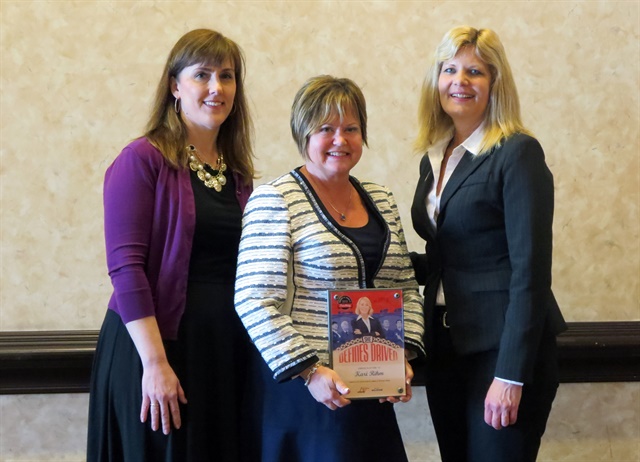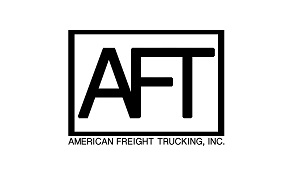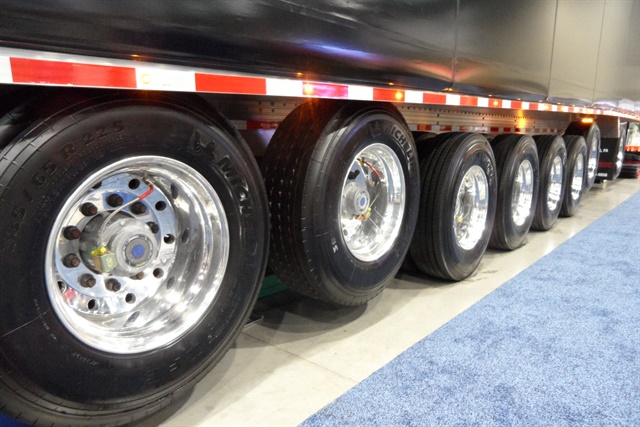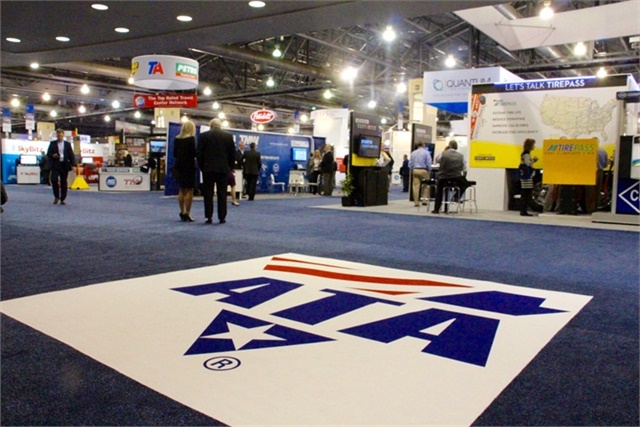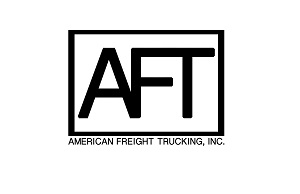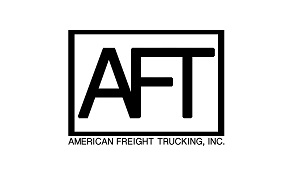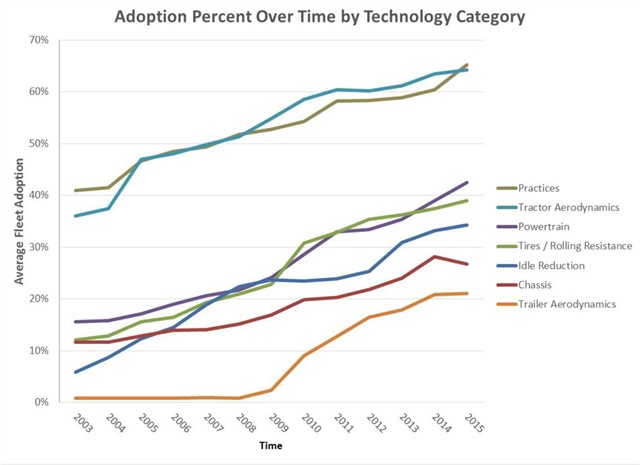WIT Seeks Influential Woman in Trucking Award Nominations
Last year's winner Kari Rihm of Rihm Kenwortth (center) accepts her award. Photo: Navistar
">Last year's winner Kari Rihm of Rihm Kenwortth (center) accepts her award. Photo: Navistar
">Women In Trucking Association and Freightliner Trucks are seeking candidates for the 2016 Influential Woman in Trucking award.
Created in 2010, the award honors female leaders in the trucking industry. Past recipients include Marcia Taylor, CEO of Bennett International Group; Rebecca Brewster, President and COO, American Transportation Research Institute; Joyce Brenny, President of Brenny Transportation; Rochelle Bartholomew, CEO of CalArk International; and Kari Rihm, President of Rihm Kenworth.
“WIT celebrates the success of women in the trucking industry,” said Ellen Voie, president and CEO, Women In Trucking. “This award highlights female leaders who have been crusaders and role models to others.”
Now in its sixth year, the award recognizes women who make or influence key decisions in a corporate, manufacturing, supplier, owner-operator, driver, sales or dealership setting. The winner must have a proven record of responsibility and have mentored or served as a role model to other women in the industry.
The winner will be announced at the WIT Accelerate! Conference & Expo held in Dallas, Texas from November 7-9, 2016. Each finalist will be asked to serve as a panelist for the “Influential Women in Trucking” panel discussion.
Mary Aufdemberg, director of product marketing at Freightliner Trucks, will moderate the panel. Those that nominate a candidate need to ask the nominee to save the date for this event in case she is named a finalist.
“Women In Trucking plays a critical role in pushing the envelope to diversify our industry, and Freightliner is proud of our ongoing involvement with this important organization and our sponsorship of this award,” said Aufdemberg.
Nominations will be accepted through Friday, September 9. To access the nomination form, click here.
Related: WIT Honors Rihm 2015 Influential Woman in Trucking
Follow @HDTrucking on Twitter
...Read the rest of this story